Tunisia parliament approves new, technocratic cabinet
Tunisia’s parliament has approved a new, technocratic cabinet, in what would end months of political instability in the country.
The parliament voted 134 to 67 to approve the new cabinet of Prime Minister-designate Hichem Mechichi on Wednesday following a debate throughout Tuesday.
The formation of a cabinet was the third try since last October’s parliamentary polls. Lawmakers had rejected one proposed cabinet back in January, and a second administration resigned in July after less than five months in office.
“The government formation comes at a time [when] political instability and the people’s patience has reached its limit,” Mechichi said at the outset of the Tuesday debate.
“Our priority will be to address the economic and social situation… stop the bleeding of public finances, start talks with lenders, and begin reform programs, including for public companies and subsidies,” he said.
Under his plan to overhaul the economy, the Tunisian prime minister blended the ministries of finance, investment, and economy into a single department led by liberal economist Ali Kooli, who also serves as chief executive of the Arab Banking Corporation (ABC Bank) in Tunisia.
Tunisian President Kais Saied appointed the then-Interior Minister Mechichi as the new prime minister in July to form a new government and bring to end months of political deadlock in the North African country.
Machichi succeeded Elyes Fakhfakh, who stepped down over allegations of conflict of interest.
Some Tunisian politicians say that although President Saied recommended Mechichi as prime minister, he later dropped his support, highlighting the potential for tensions between the presidency and government.
Officials from political parties were cited by Reuters as saying that Saied had asked them to vote against Mechichi’s government and to instead continue with a caretaker government.
Saied, a political independent who won the presidency in a landslide last year, has expressed a desire to reform the country’s political system.
While previous cases of political discord in Tunisia have focused on the split between Islamic and secular forces as well as economic reforms, the current tensions appear to be more rooted in the division of powers between the president and legislators.
The Tunisian economy, meanwhile, has been crippled by high debt and declining public services, made worse by the coronavirus pandemic, and a year of political instability has complicated efforts to address such issues. Tunisia’s tourism-dependent economy shrank 21.6 percent in the second quarter of 2020, compared with the same period last year, due to the COVID-19 outbreak.
Tunisia was beset by violence after the 2011 uprising that ousted the country’s dictator, Zine El Abidine Ben Ali, and that inspired revolutions and uprisings in a host of Arab dictatorships across the Middle East and North Africa.
Tunisia was the only among those Arab countries that enjoyed a smooth, peaceful transition to democracy.
The Year That Was: Pro-Palestine campaigns that disrupted US-Israeli war machine in 2025
‘You may be surprised’: Iran’s top legislator warns enemies about scope of future defensive measures
VIDEO | Press TV's news headlines
VIDEO | Tunisians reject Israel’s recognition of Somaliland
VIDEO | Tunisians react emotionally to Abu Obeida’s martyrdom
US bears full responsibility for consequences of any fresh aggression against Iran: FM
VIDEO | Sudan’s healthcare system nears collapse amid conflict
VIDEO | Gazans struggle to survive as they welcome New Year


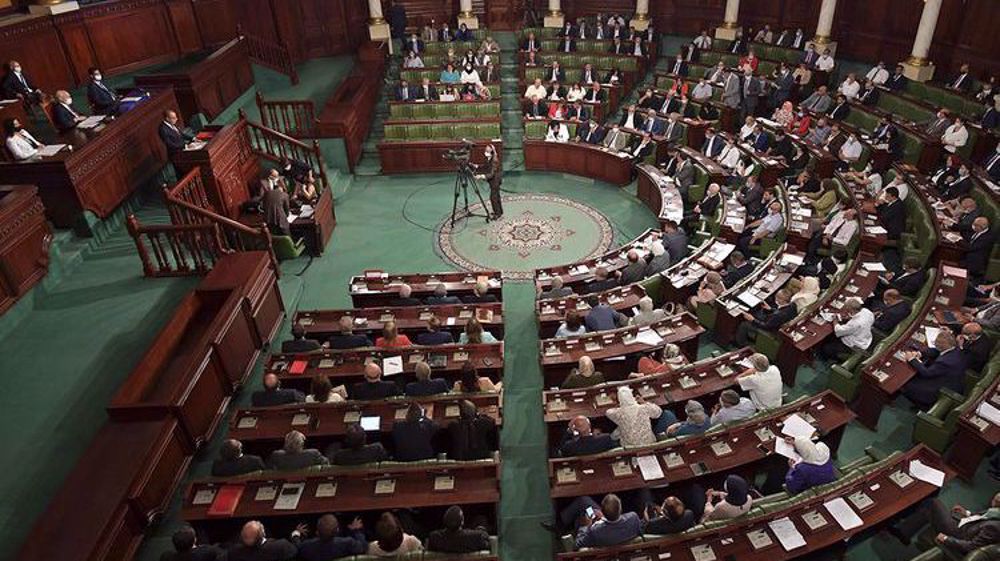


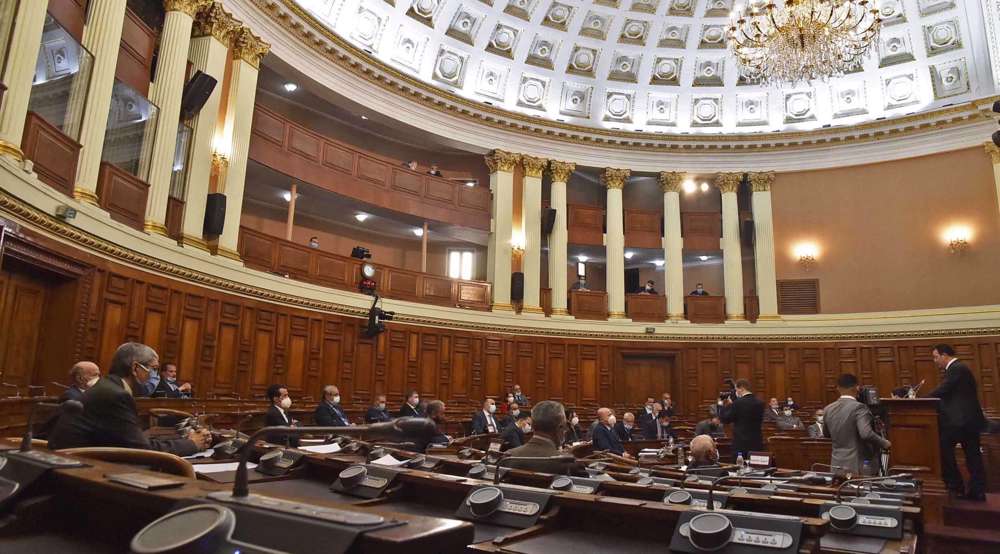
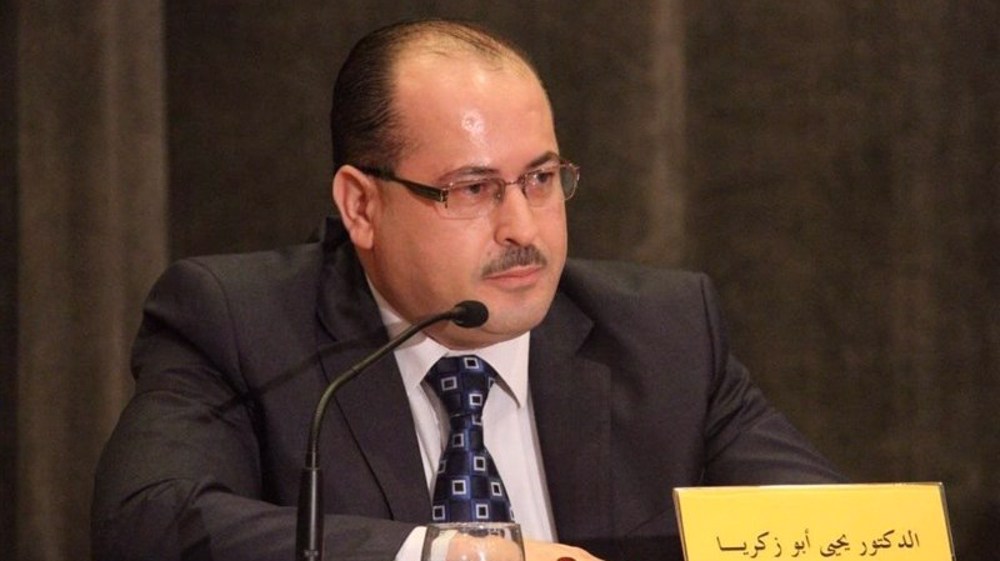



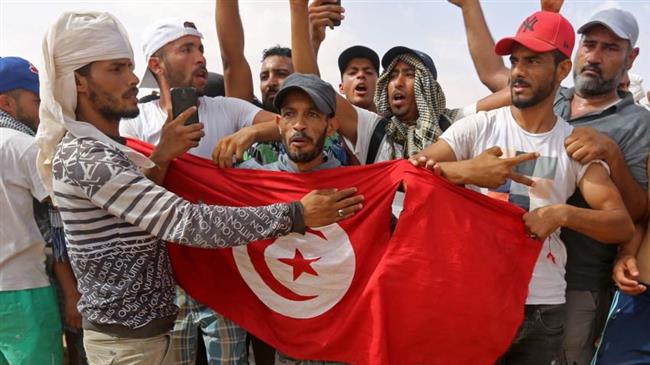
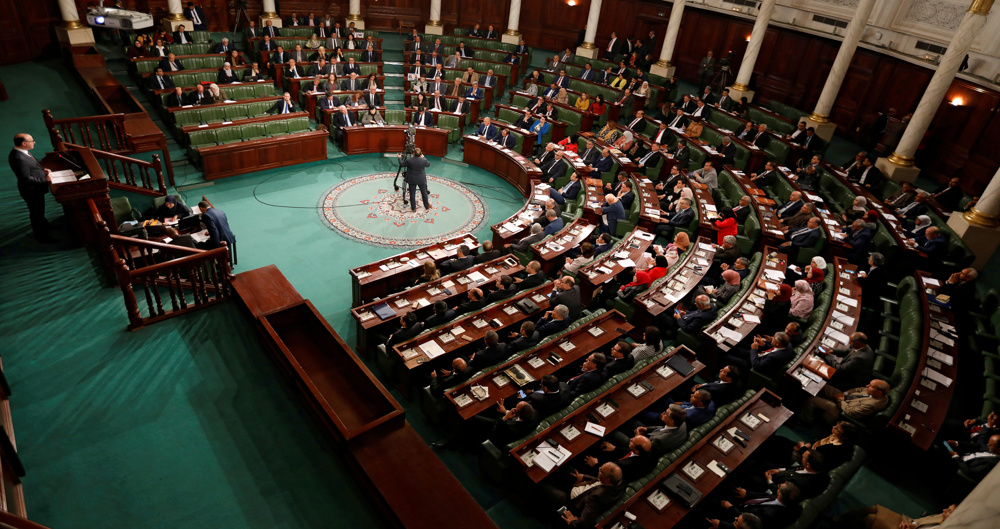
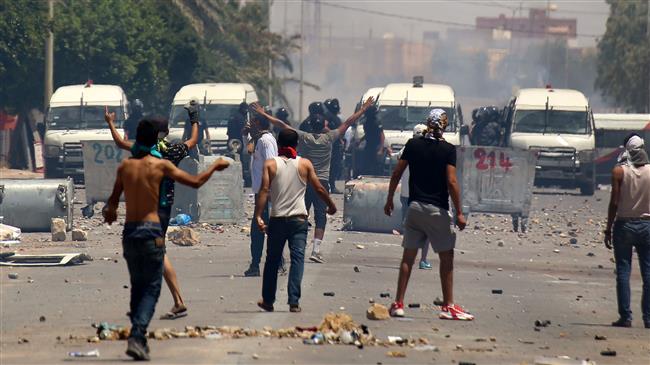

 This makes it easy to access the Press TV website
This makes it easy to access the Press TV website